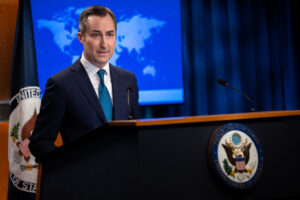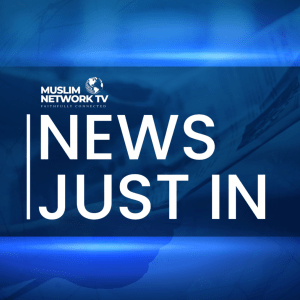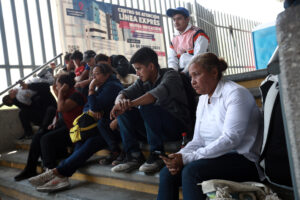Ginni Thomas took secret payments ahead of landmark voting rights case
U.S. Supreme Court Justice Clarence Thomas and his wife Ginni Thomas are under fresh scrutiny as yet another revelation, this one reported by the Washington Post on Thursday evening shows Ginni received tens of thousands of dollars in off-the-book compensation from a powerful right-wing nonprofit shortly before the group “soon would have an interest before the court”—a pivotal voting rights case.
Based on documents reviewed by the Post, right-wing judicial activist Leonard Leo used his role as an advisor to the nonprofit, the Judicial Education Project, to ask GOP pollster Kellyanne Conway, later a top aide to President Donald Trump, to pay Ginni Thomas a large sum but keep her name off the financial records.
“Leo, a key figure in a network of nonprofits that has worked to support the nominations of conservative judges,” the reporting explains, “told Conway that he wanted her to ‘give’ Ginni Thomas ‘another $25K,’ the documents show. He emphasized that the paperwork should have ‘No mention of Ginni, of course.'”
In response to the new revelations, Kyle Herrig, president of the public interest advocacy group Accountable.US, said “Leonard Leo has written the definition of court corruption. These shady schemes are a call to action to bring about ethics reform at the highest levels of the judiciary.”
In defense of the secrecy of the payments to Ginni Thomas’s firm—which according to the Post totaled $80,000 between June 2011 and June 2012, but may have been more overall—Leo said in a statement to the newspaper that it was necessary to keep her name out of any disclosures because of how “disrespectful, malicious and gossipy people” can be in the political sphere.
“I have always tried to protect the privacy of Justice Thomas and Ginni,” Leo claimed.
Crucially, months after these payments were made to Ginni Thomas, the Judicial Education Project filed an amicus brief in the case Shelby County v. Holder, taking the side of those opposed to a key provision in the Voting Rights Act of 1965. As the Post notes:
The court struck down a formula in the Voting Rights Act that determined which states had to obtain federal clearance before changing their voting rules and procedures. Clarence Thomas was part of the 5-to-4 majority.
Thomas issued a concurring opinion in the case, arguing that the preclearance requirement itself is unconstitutional. Thomas’s opinion, which was consistent with a previous opinion he wrote, favored the outcome the Judicial Education Project and several other conservative organizations had advocated in their amicus briefs. He did not cite the Judicial Education Project brief.
But progressive political observers said the corruption was impossible not to see—especially given the wave of revelations about lavish gifts and financial arrangements between Justice Thomas and billionaire Harlan Crow, a right-wing mega-donor.










